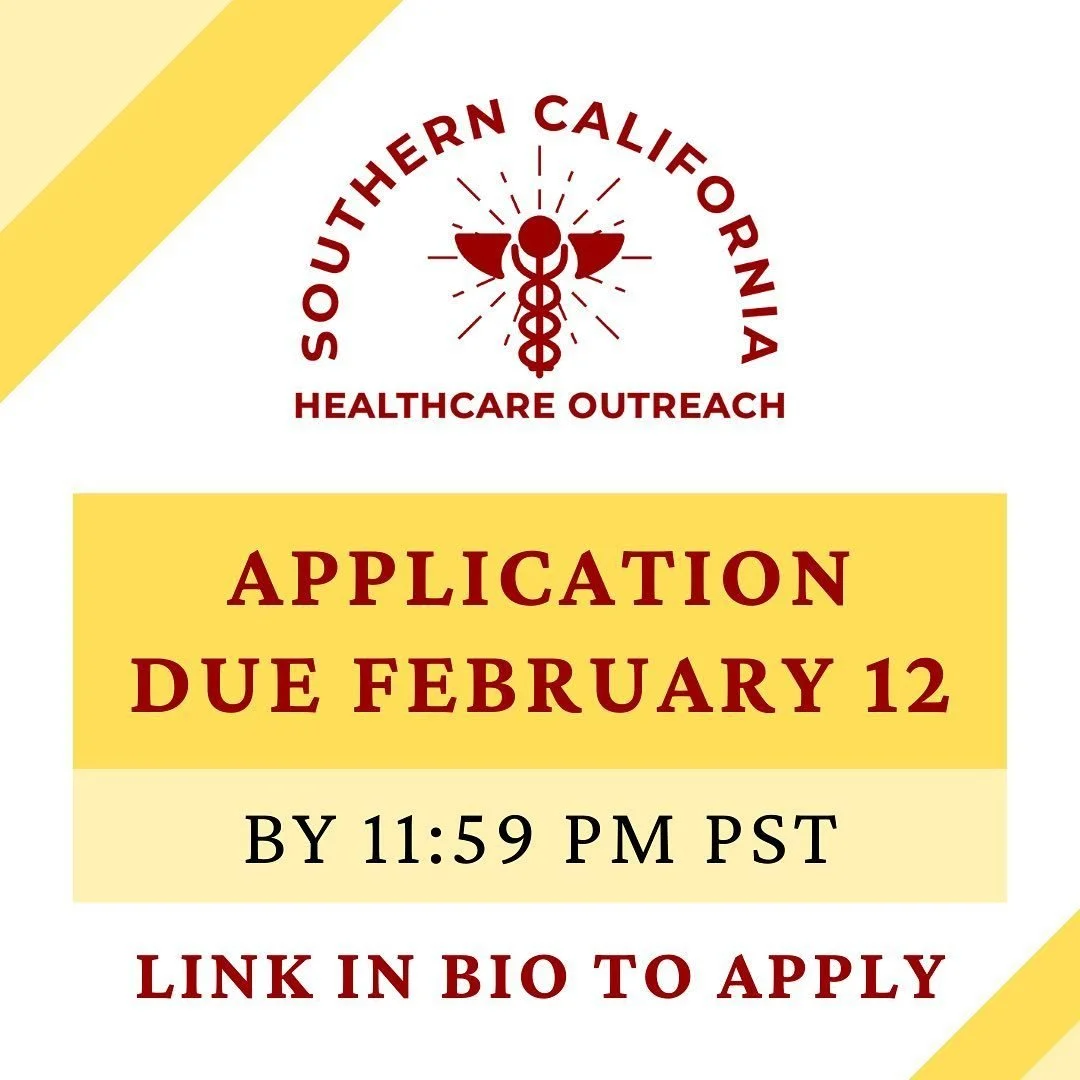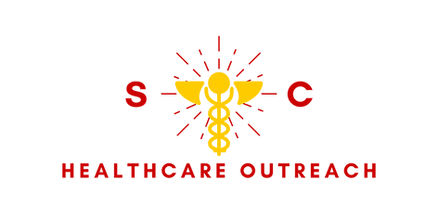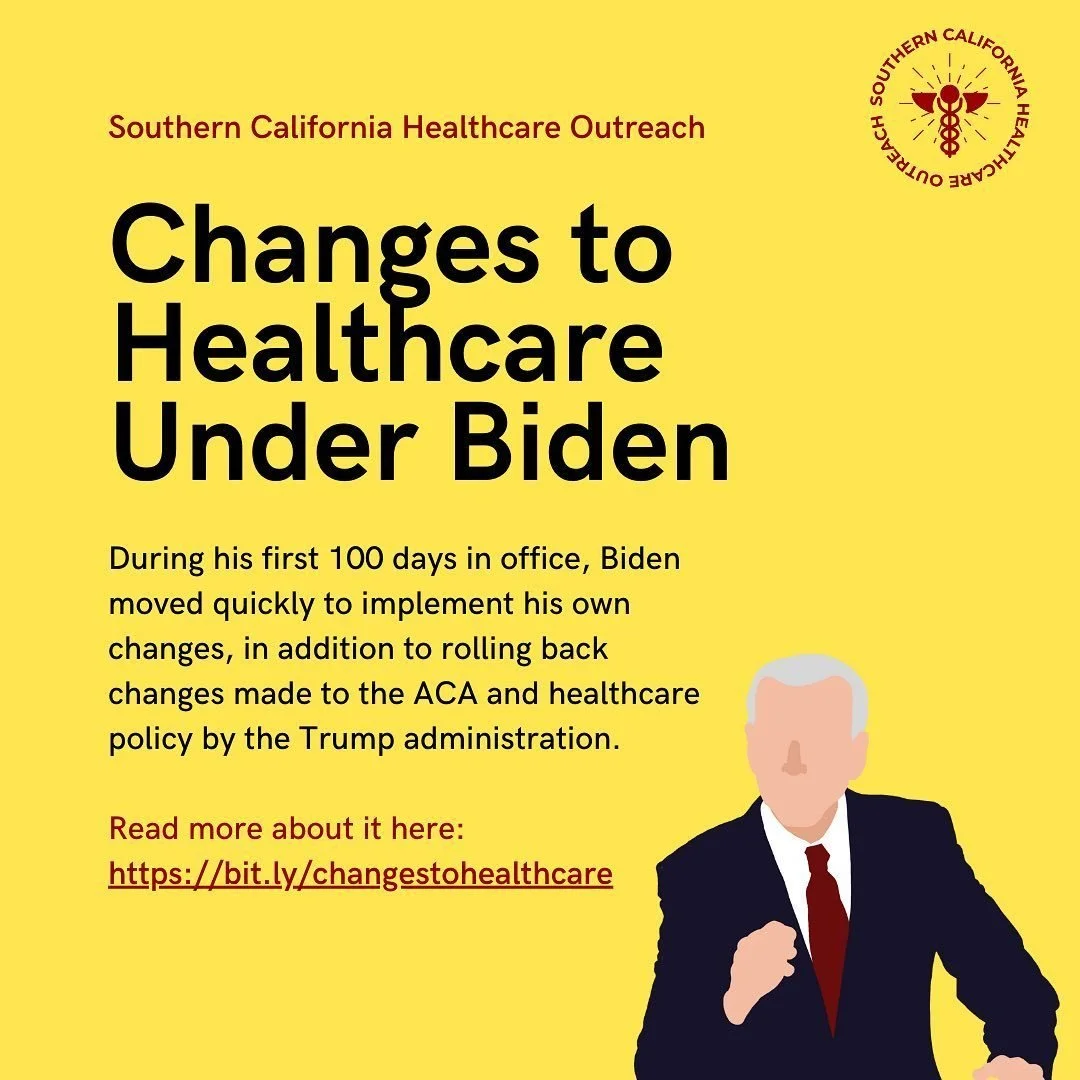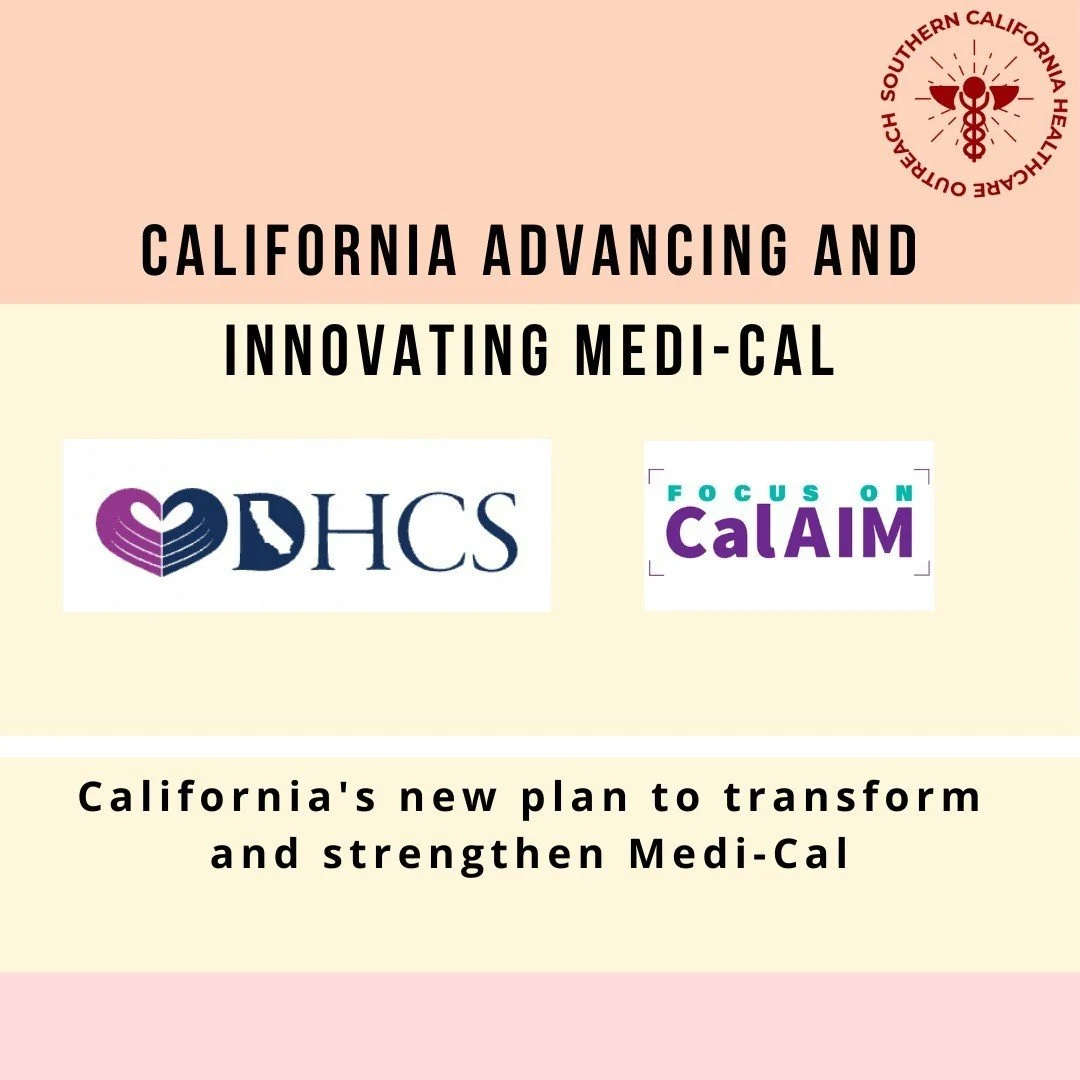A Conversation with Southern California Healthcare Outreach Founder Nikhilesh Kumar
By: Lanie Brice ‘24
Yesterday, I had the chance to sit down over Zoom with Nikhilesh Kumar, the founder of Southern California Healthcare Outreach. This USC organization was created in 2019 with an mission to educate the people of Los Angeles and beyond about healthcare and health insurance from how they can enroll in lower cost options and take advantage of policies to how they become more active in the policy choices around the issues. The club is currently open to applications for the spring term until Saturday February 12th. Here’s my conversation with Nikhilesh on his experience founding this organization, what club members can expect when they join, and the initiatives that he’s most proud of.
Lanie: Can you give me an overview about what the club’s mission is?
Nikhilesh: Southern California Healthcare Outreach, or SCHO, is a club on campus. We essentially like to think of ourselves as the only undergraduate health policy related club on campus. And our major service goal is to get people in the LA area signed up for health insurance. The problem that exists right now is that there are a lot of programs in California, and in a lot of other states too but we’re in California, where people are eligible for lower cost or free health insurance and the rules around these are changing pretty rapidly too. For example, late this year, undocumented adults over 50 years old are now qualifying for Medicaid or Medicare in California. People don’t know these things exist, so what ends up happening is we have legislative addendum and changes that make healthcare more open to people, but they don’t know that they quality, so they never get used. So we’re trying to close that gap and go out to the community to say, “Hey, do you need health insurance?” And how do we help you get it.
L: Why did you found the club?
N: As far as founding the club, I founded the club in 2019, and really it was just coming to campus at USC and seeing my first midterm election outside my house, and I remember the big issue of that election was the ACA repeal and replace. The failure of that was a big reason why there was a blue wave. Seeing that and thinking about healthcare and thinking about how I could get involved in healthcare and health insurance reform in some small way. I started thinking about what are the big issues I could have an impact on and one of those was people not knowing about healthcare reform. That was sort of the impetus for founding the club
L: You’re a human biology and comparative literature major currently. Did your majors or education at USC have an impact on creating the club?
N: I think so. I think throughout college and high school, I’ve had an interest in the basic sciences and how those sciences play out in questions of policy or humanities, so that’s sort of reflected in my academic areas of interest. Also, in terms of what I do outside of school, I really gravitate towards things that have to do with health policy and health economics. In the future, I would like to integrate those into my career in some way.
L: What can perspective club members expect during a normal meeting?
N: We like to think of ourselves as a broad health policy organization. Service is our main goal and so when you join the club you’ll be expected to learn a general syllabus of health insurance in California, health insurance guidelines, who is qualified for each program, and you have to stay abreast to these changes as they come year by year. But also we’re now having a program where we advocate for bills in the California legislature. We send letters. They are health policy related, but not necessarily health insurance related. One that a lot of members are passionate about is a drug pricing bill that was recently introduced in California. We also have speaker events. Our faculty advisor, Dr. Sood, is the Vice Dean of Research at the USC Price School and a founding member of the Schaeffer Center, which is a health policy center on campus. He comes and talks and will give us projects. A couple summers ago we worked on a project where we looked at a new law that would make hospitals post their prices publicly. We do a lot of things like that. And then we also like to discuss health policy and health insurance stuff. Everyone in the club is at least somewhat passionate about health and policy.
L: Are there any major projects the club has completed that you’re really proud of?
N: There are a few. The biggest one that I think I was really happy to do was in early 2021 there was a big round of layoffs at USC for service workers, so we worked with a couple of other organizations, USC Scape and USC Scale, and we presented them with the health insurance options once you’re unemployed. For example, special enrollment periods or, if they don’t have it, Medi-Cal. So that was really rewarding for me, and we got procedural questions afterwards like “How do I enter my tax info?” which, I think, is some evidence that what we did made a difference. People were going out and searching for health insurance. That was one of the highlights of my college experience and with the club. Another project we’re doing is the advocacy project. We’re picking bills in the California legislature that have been based or will be passed, and we track the fact sheets and support letters. We see how our organization can use our voice in the legislature and politics as a whole. I like to think that every student who comes into our club discovers an interest in health policy or cultivates one. I know that when I joined there wasn’t a lot of ways for a bio major to get involved in health policy, so I like to think this is one way students can do that, which I’m happy about.
L: Human biology seems at least somewhat medically related. Are these ever topics that come up in what you’re studying?
N: I think there is overlap for sure, but where the overlap starts and ends is, how does human biology present itself in the allied health fields. But the thing is that you can learn a lot about what a doctor or a nurse or what a PA does, but even doctors don’t know what happens when they bill something to their patient or what laws are governing their position. I think health policy as a field often feels divorced from the pre-health education which is something that is kind of sad.
L: Is there one thing about healthcare or health insurance that you think everyone should be aware of but likely aren’t?
N: I think that everybody should at the very least know what the Affordable Care Act is and what it did. What are the big things people want to change about US health insurance? For example, what is a public option or what is Medicare for All? What are these different ideas that people toss around. And then, finally, I think, if you’re a pre-health student especially, you should know a little more about what the process of signing up for health insurance is like and what are the ways we can improve our current system. You should have some idea of how to improve the system because as a physician or a nurse or a PA in the system. You have a voice that’s important and that’s part of what the club is about too. If these students are going to be future physicians, it’s important that they have that knowledge so they can make a difference.
L: Do students from outside the sciences and pre-health fields join the club? What are some majors of past club members?
N: It definitely goes to more pre-health students, but that’s because we recruit that way. We recruit at the pre-health involvement fair. We have a large representation of that. But we also have public policy students, economics and math students, we had a creative writing and real estate major at one point. We tend to have a lot of Price students too because we also recruit through them. We’re really hoping to get students from more disciplines, but having healthcare in the name tends to attract students from certain disciplines. We’d like to expand in the future for sure.
Want more from Trojans 360?
Visit Trojans 360 on Facebook & Twitter to stay up to date with more student content! You can also Ask A Trojan an anonymous question, and we’ll try to answer it in a future post. And don’t forget to follow us on Instagram!
Trojans 360 is USC’s official student-run blog. Content created by students, for students.




